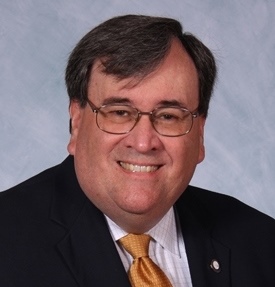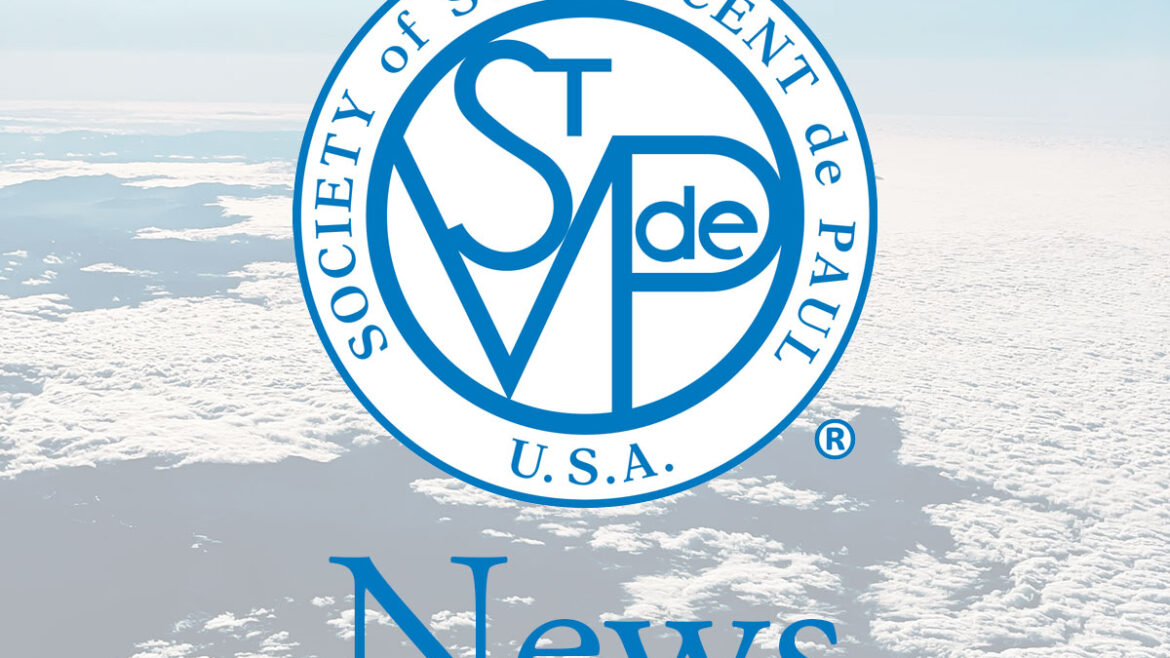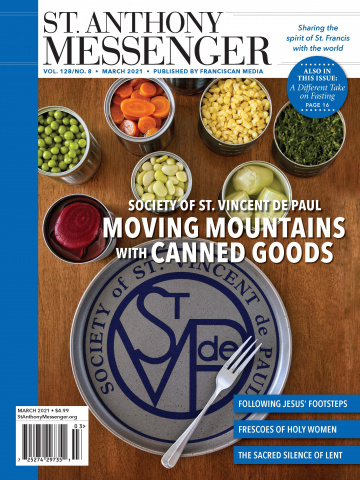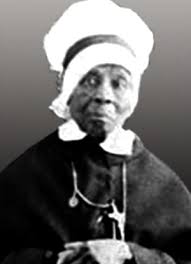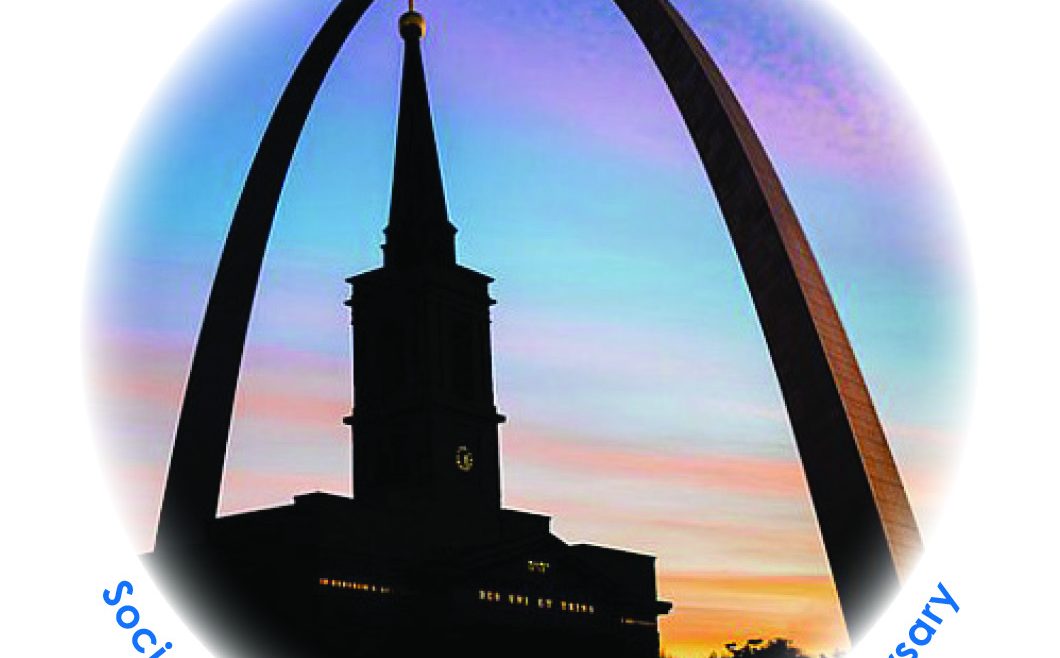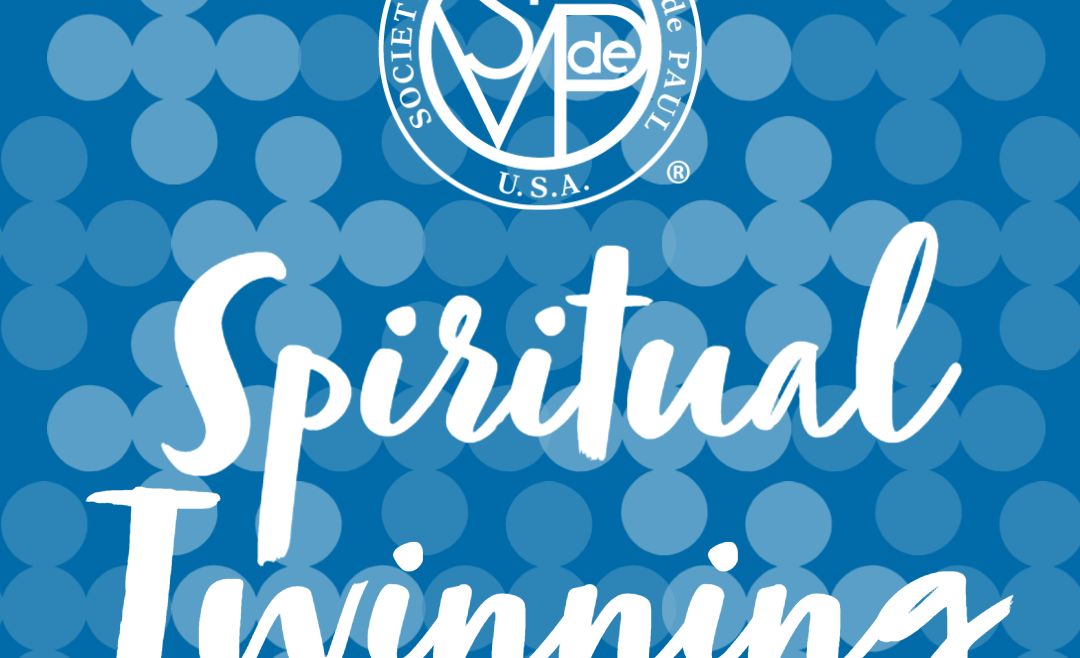After five years of driving through my neighborhood, I thought I knew it pretty well. But when my wife worked briefly for the U.S. Census, she would point out small shops I had never realized were nearby. She could show me the home with an insane number of people living in it, and which were rentals or owned residences. The neighborhood took on a completely different perspective because she had walked the streets instead of driving while focused on traffic lights, bikes, and pedestrians.
This, my friends, is why the Society conducts Home Visits.
During the pandemic period, many Conferences adjusted to not visiting homes with counter-top services and phone interviews. Most Vincentians will quickly tell you that they miss the stronger relationship of a true visit in someone’s home or even visiting with them in a nearby public place. You see different things, and people often share a bit more not only about their specific problem, but also about their family and their life. There is understanding and empathy, not just a transaction.
It is also difficult to understand poverty until you at least see it, if not experience it yourself. In many ”rich” neighborhoods, we drive by and see the opulent lawns and large homes, assuming easily that everyone in that neighborhood must be wealthy. If you spent real time there, however, you would see that so many neighbors bought much more house than they could afford. The homes are often empty of furniture and the owners have trouble paying their bills. They tried to buy status through their house or their fancy car. The neighborhood’s true millionaires often have the used car and a modest home, but also money in the bank and a lot less stress.
Likewise, people in poverty live in or around these homes. They may have service jobs for the wealthy, or they operate the small businesses sprinkled around the opulent neighborhoods. They are often the invisible underclass that keeps our economy going, the working but underemployed families that we encounter in our Vincentian service.
During the past year we changed our service delivery as needed to be safe and legal. It was not usually our choice, but we did this because of our love for those we serve. We did not want to deny them whatever we could bring to demonstrate our, and God’s, love in these tough times.
We have all heard about not understanding someone until you walk a mile in their shoes. As Vincentians, we know that we don’t understand someone until we at least walk through their neighborhood. As Springtime comes, and pandemic restrictions slowly lift, let’s take that walk. Let’s get to know our neighborhoods, and our neighbors, once again as we venture together out of the darkness.
Yours in Christ,
Dave Barringer
CEO

